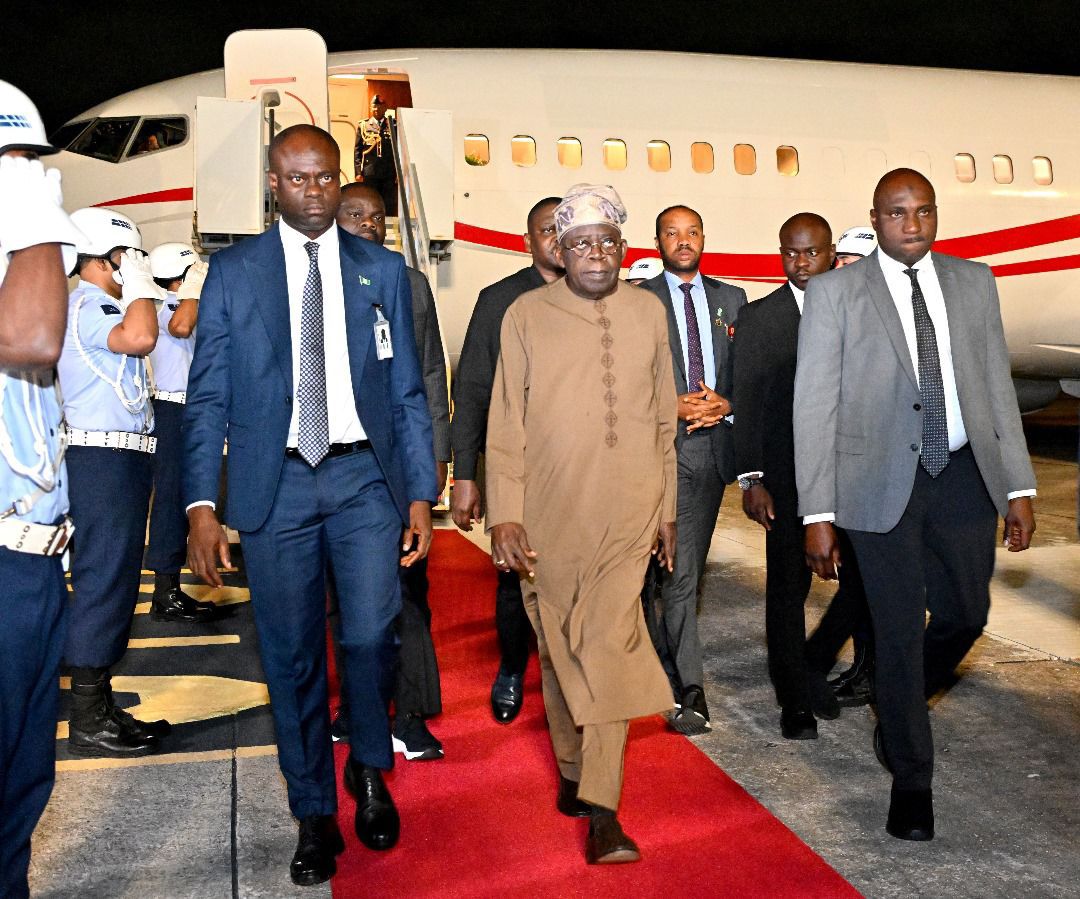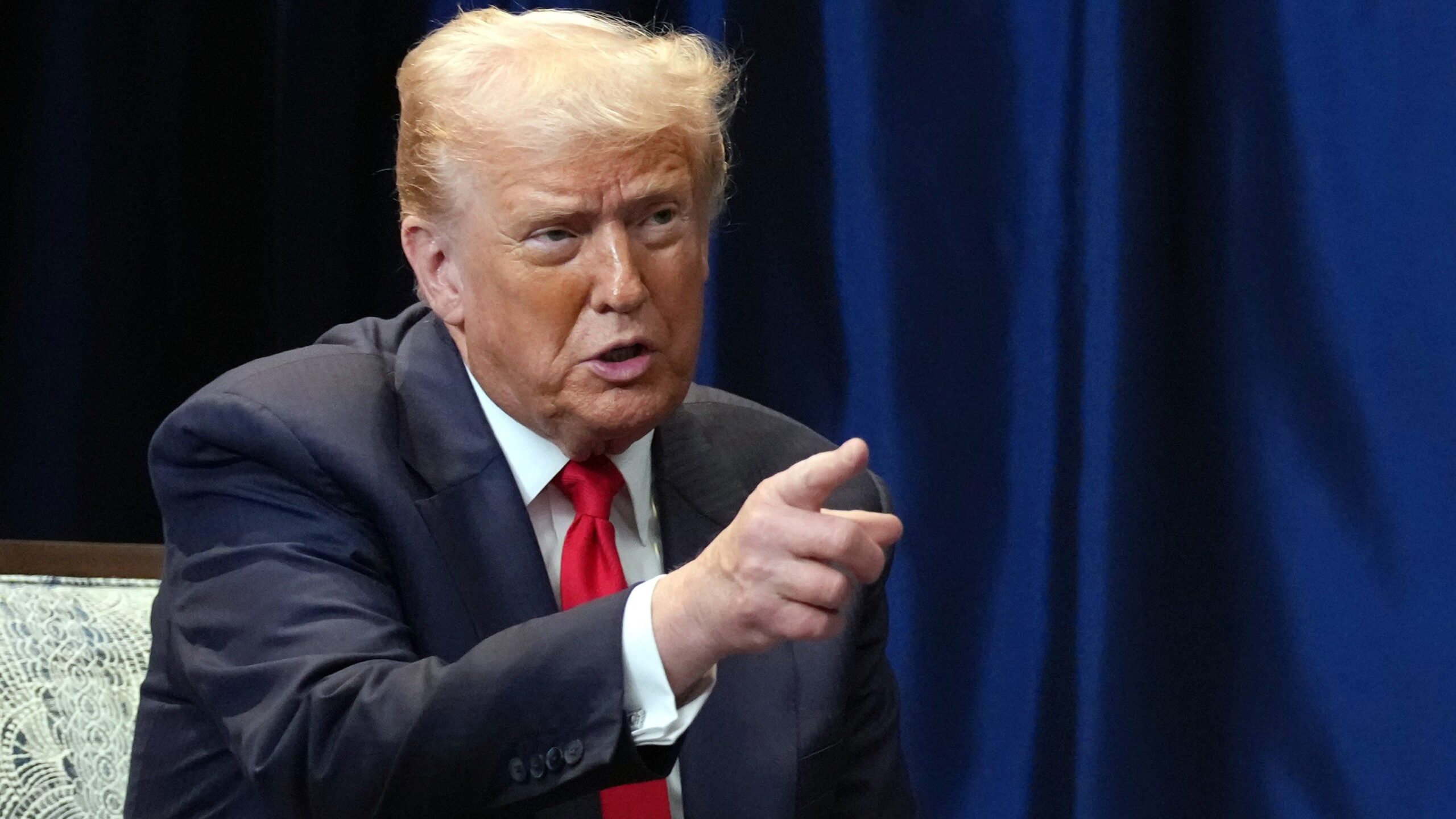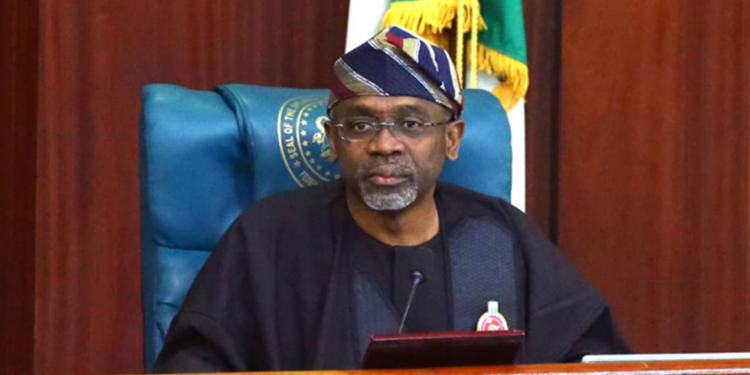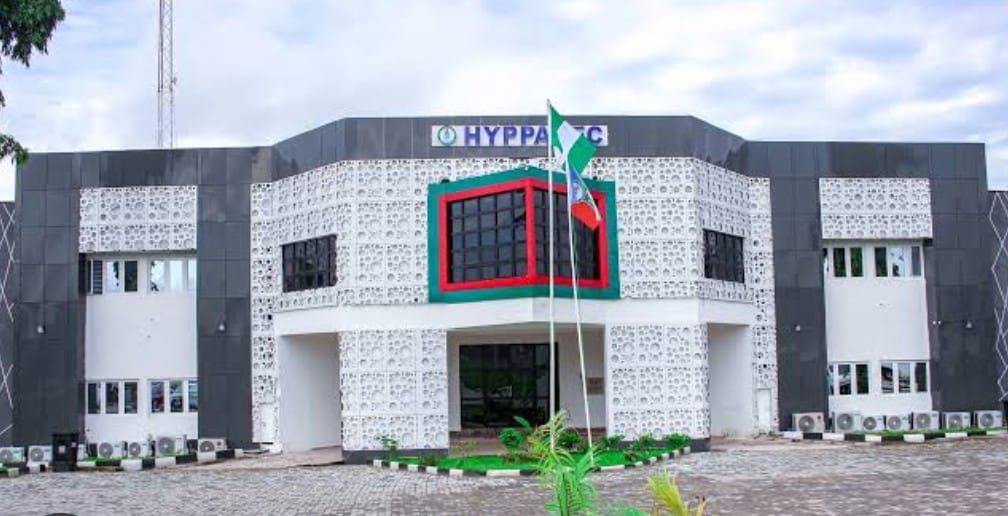President Bola Ahmed Tinubu has arrived in Rio de Janeiro, Brazil, to attend the 17th BRICS Summit of Heads of State and Government, a key global meeting of emerging economies—Brazil, Russia, India, China, and South Africa.
The Nigerian President’s aircraft landed at the Galeao Air Force Base at 8:45 PM local time on Friday, where he was warmly received by senior Brazilian officials. Welcoming him were Ambassador Carlos Sergio Sobral Duarte, Brazil’s Deputy Minister for Africa and the Middle East, and the Deputy Minister for Trade Promotion, Science, Technology, Innovation, and Culture.
President Tinubu is attending the summit at the invitation of Brazilian President Luiz Inácio Lula da Silva. Ahead of the main sessions scheduled for July 6 and 7, he is expected to hold a high-level bilateral meeting with President Lula to deepen diplomatic and economic ties between both countries.
During the summit, themed “Strengthening Global South Cooperation for More Inclusive and Sustainable Governance,” President Tinubu will participate in plenary discussions and deliver a keynote address highlighting Nigeria’s bold economic reforms. His focus will be on attracting strategic investment in priority sectors such as agriculture, solid minerals, renewable energy, and healthcare.
The BRICS summit will also cover critical global issues including artificial intelligence governance, public health challenges, climate change, and sustainable development. Ahead of the main sessions, BRICS political and economic negotiators convened to align policy commitments and develop joint solutions for challenges affecting developing nations.
Accompanying the President to the summit are several Nigerian State Governors, including Babajide Sanwo-Olu (Lagos), Dapo Abiodun (Ogun), Hyacinth Alia (Benue), Sheriff Oborevwori (Delta), and Mohammed Umar Bago (Niger). Their presence underscores Nigeria’s commitment to subnational collaboration in attracting global partnerships for national growth.
President Tinubu’s participation in the BRICS summit marks a significant step in Nigeria’s renewed engagement with global economic platforms and signals the administration’s intent to reposition the country as a leading player in the Global South.




